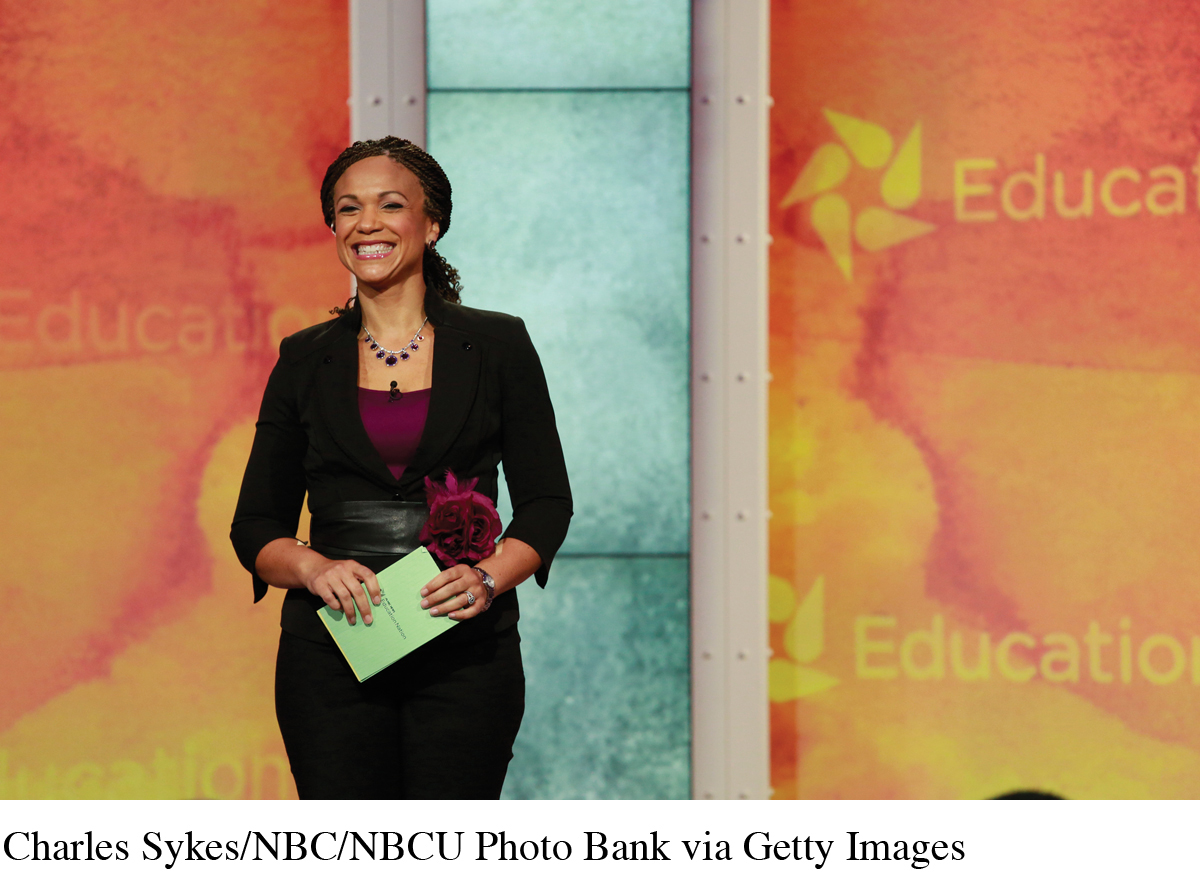Media Research and Democracy
One charge frequently leveled at academic studies is that they fail to address the everyday problems of life, often seeming to have little practical application. The growth of mass media departments in colleges and universities has led to an increase in specialized jargon, which tends to alienate and exclude nonacademics. Although media research has built a growing knowledge base and dramatically advanced what we know about the effect of mass media on individuals and societies, the academic world has paid a price. That is, the larger public has often been excluded from access to the research process even though cultural research tends to identify with marginalized groups. The scholarship is self-
In some cultural research, the language used is often incomprehensible to students and to other audiences who use the mass media. A famous hoax in 1996 pointed out just how inaccessible some academic jargon can be. Alan Sokal, a New York University physics professor, submitted an impenetrable article, “Transgressing the Boundaries: Toward a Transformative Hermeneutics of Quantum Gravity,” to a special issue of the academic journal Social Text devoted to science and postmodernism. As he had expected, the article—

PUBLIC INTELLECTUALS Melissa Harris-
In addition, increasing specialization in the 1970s began isolating many researchers from life outside of the university. Academics were locked away in their ivory towers, concerned with seemingly obscure matters to which the general public couldn’t relate. Academics across many fields, however, began responding to this isolation and became increasingly active in political and cultural life in the 1980s and 1990s. For example, literary scholar Henry Louis Gates Jr. began writing essays for Time and the New Yorker magazines. Linguist Noam Chomsky has written for decades about excessive government and media power; he was also the subject of an award-
In recent years, public intellectuals have also encouraged discussion about media production in a digital world. Harvard law professor Lawrence Lessig has been a leading advocate of efforts to rewrite the nation’s copyright laws to enable noncommercial “amateur culture” to flourish on the Internet. American University’s Pat Aufderheide, longtime media critic for the alternative magazine In These Times, worked with independent filmmakers to develop the Documentary Filmmakers’ Statement of Best Practices in Fair Use, which calls for documentary filmmakers to have reasonable access to copyrighted material for their work.
Like public journalists, public intellectuals based on campuses help carry on the conversations of society and culture, actively circulating the most important new ideas of the day and serving as models for how to participate in public life.